Any premises that welcome guests have the responsibility to maintain a reasonably safe environment. Of course, hotels are no exception to this rule. To be protected by premises liability laws after being injured in a hotel, you do not need to be a paying customer or a hotel resident. You may have just been passing through, or you were possibly injured before you had the chance to make a purchase.
Hotels have both private and public areas, and for this reason, personal injury cases can become complex. This is because, if an injury occurred in a private hotel room, it may be difficult to prove and gain damages. The following are three types of injuries that occur in hotels for which people commonly make claims.
Injuries in the public parts of the hotel
Injuries that occurred due to unsafe conditions in the public parts of the hotel are perhaps the easiest to claim for. For example, if the stairwell of the hotel was poorly lit and had a torn carpet, you may have slipped and fallen as a result of these unsafe conditions. If you suffered damages as a result, you will likely be successful in making a claim.
Injuries in hotel rooms
Injuries in a hotel room can be harder to prove because the conditions of safety can easily be the fault of the guest. However, if you cut yourself on broken glass that was not cleaned up by the cleaning professional prior to your checking in, you may be able to show that your damages occurred as a result of hotel negligence.
Injuries occurring from break-ins or guest violence
A hotel has the responsibility to ensure that people do not enter who pose a danger to their guests. Therefore, if another guest is acting in a way that poses a danger to guests and they are not removed, a guest could take action to file for damages if they become injured by this person.
There are many ways in which you could become injured in a hotel. It is important that you understand how the law would likely apply to your individual situation and that you consider taking appropriate action to file for damages.
